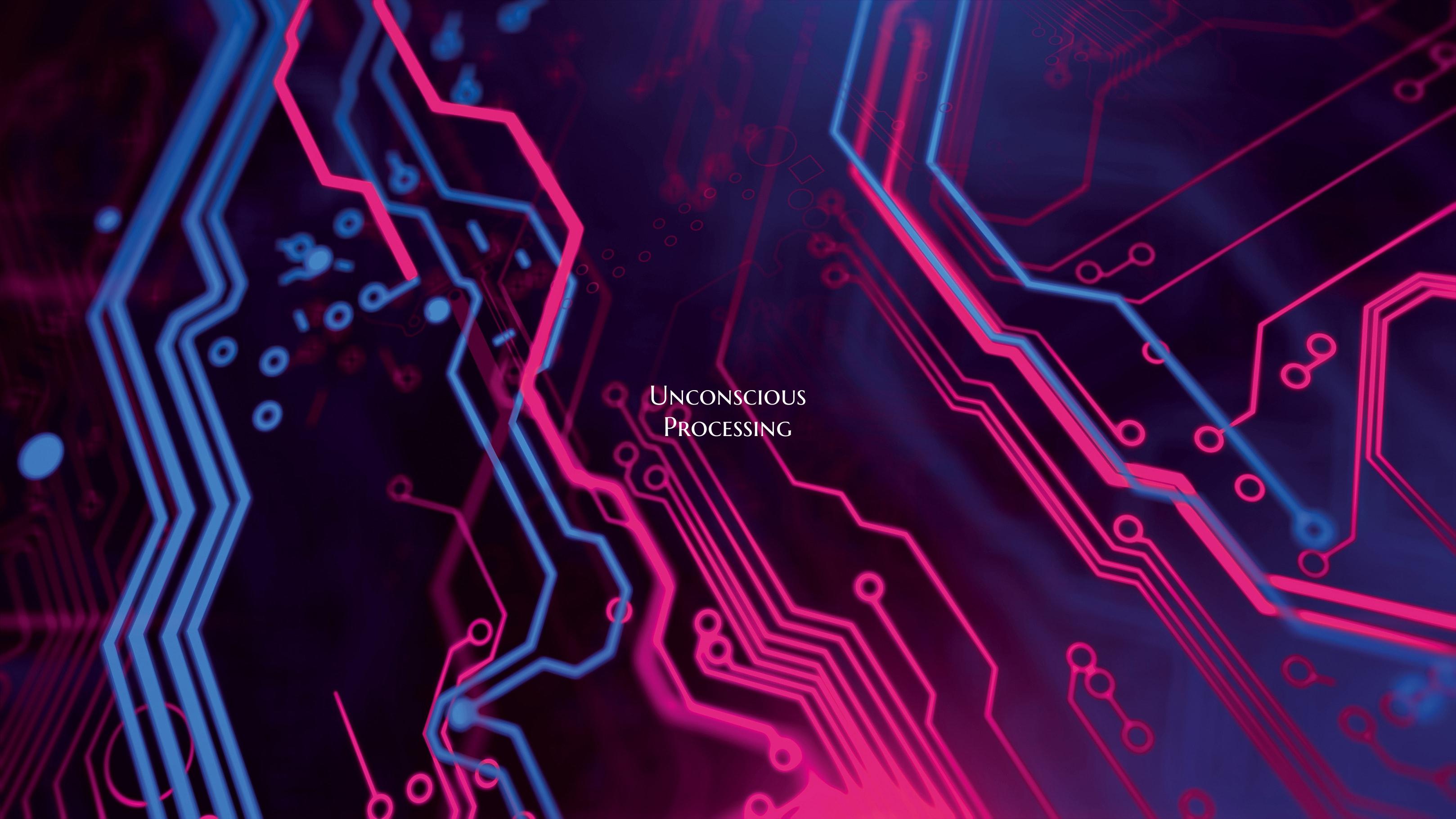Unconscious Processing
Introduction: Unconscious processing is a fascinating mechanism of the human mind that operates below the surface of our awareness. While we are often conscious of our thoughts and actions, a significant portion of mental activity occurs at an unconscious level, influencing our perceptions, decisions, and behavior. This article delves into the concept of unconscious processing, exploring its significance and impact on various aspects of human cognition and behavior.
The Nature of Unconscious Processing: Unconscious processing refers to the mental activities that take place outside of conscious awareness. These processes operate swiftly and automatically, without our deliberate control or attention. Research has shown that the unconscious mind is capable of performing complex tasks, such as forming judgments, solving problems, and processing emotional stimuli, without our conscious involvement. This hidden aspect of cognition plays a crucial role in shaping our thoughts, feelings, and actions.
Influence on Decision Making: Unconscious processing exerts a significant influence on decision-making processes. Studies have demonstrated that many of our decisions are influenced by unconscious factors, such as biases, intuition, and past experiences. These unconscious processes can lead to both beneficial outcomes, such as quick and efficient decision-making, as well as biases and errors in judgment. Understanding the interplay between conscious and unconscious processing is essential for making informed decisions and navigating complex situations.
Role in Perception and Memory: Unconscious processing also plays a vital role in shaping our perceptions and memories. Our unconscious mind filters and processes vast amounts of sensory information, allowing us to make sense of the world around us. Additionally, unconscious processes contribute to the formation and retrieval of memories, influencing how we store, encode, and retrieve information. The interaction between conscious awareness and unconscious processing is crucial for constructing our reality and understanding the events of our lives.
Applications in Psychology and Therapy: The study of unconscious processing has profound implications for psychology and therapy. Concepts such as implicit bias, unconscious motivations, and defense mechanisms are central to understanding human behavior and mental health. Therapeutic approaches, such as psychoanalysis and cognitive-behavioral therapy, aim to uncover and address unconscious processes to promote healing and personal growth. By exploring the hidden realms of the mind, individuals can gain insight into their thoughts and behaviors, leading to greater self-awareness and self-discovery.
Conclusion: Unconscious processing is a powerful and pervasive aspect of human cognition that shapes our perceptions, decisions, and experiences. By acknowledging the influence of unconscious processes, we can develop a deeper understanding of ourselves and the world around us. Exploring the mysteries of the unconscious mind opens up new possibilities for personal growth, self-improvement, and a more profound connection with our inner selves.

